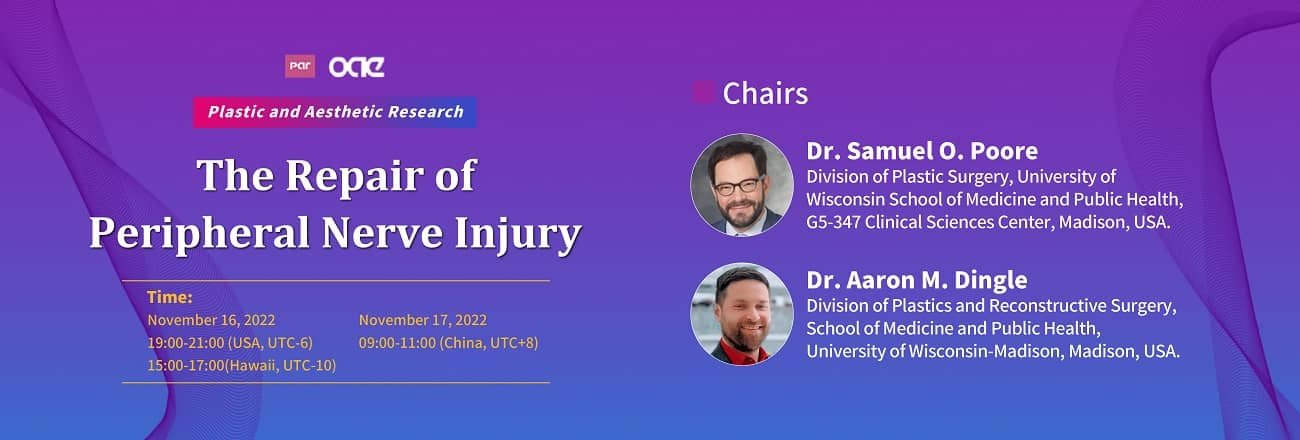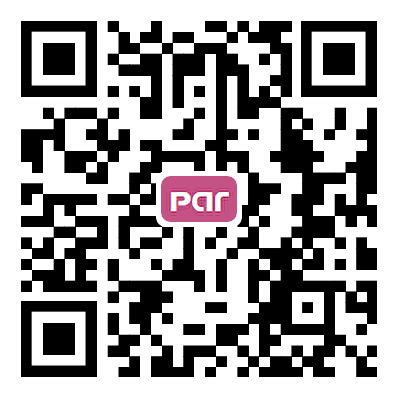Contents
Chair(s)
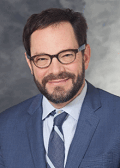
Dr. Samuel O. Poore
Division of Plastic Surgery, University of Wisconsin School of Medicine and Public Health, G5-347 Clinical Sciences Center, Madison, USA.
Dr. Samuel O. Poore is an Associate Professor in the Department of Surgery, University of Wisconsin School of Medicine and Public Health, Division of Plastic Surgery and is a member of the UW Health Breast Center. He is board certified by the American Board of Plastic Surgery. Dr. Poore has authored 95 peer reviewed scientific journal articles. He specializes in microvascular surgery with an emphasis on breast reconstruction, and reconstruction of the adult face, trunk, extremities and head and neck. He has special interest in limb salvage and the treatment of amputation pain with targeted muscle reinnervation (TMR) and regenerative peripheral nerve interface (RPNI).
Dr. Poore has a comprehensive research program and federally funded research program focused on developing an osseointegrated neural interface for prosthetic control (ONI), peripheral nerve regeneration, outcomes in plastic surgery, microsurgical education (www.microsurgeryeducation.org) and the impact of diversity on surgical access and publication trends.
Dr. Poore has a comprehensive research program and federally funded research program focused on developing an osseointegrated neural interface for prosthetic control (ONI), peripheral nerve regeneration, outcomes in plastic surgery, microsurgical education (www.microsurgeryeducation.org) and the impact of diversity on surgical access and publication trends.

Dr. Aaron M. Dingle
Division of Plastics and Reconstructive Surgery, School of Medicine and Public Health, University of Wisconsin-Madison, Madison, USA.
Dr. Aaron M. Dingle is a Scientist III (Senior Scientist), Adjunct Instructor and Co-Director of the Microsurgery and Regenerative Medicine (MSRM) Laboratory in the Department of Surgery, University of Wisconsin School of Medicine and Public Health, Division of Plastic Surgery.
Dr. Dingle has a Ph.D in tissue engineering from the University of Melbourne, Australia. His research focuses on restoring/replacing limb function for persons living with amputation. Dr. Dingle manages a board and comprehensive federally funded research portfolio that includes neural interfacing for prosthetic control and bioelectric medicine, repair and regeneration of nerves, tendons and bone, as well as preservation and transplantation of vascular composite allografts.
Dr. Dingle has a Ph.D in tissue engineering from the University of Melbourne, Australia. His research focuses on restoring/replacing limb function for persons living with amputation. Dr. Dingle manages a board and comprehensive federally funded research portfolio that includes neural interfacing for prosthetic control and bioelectric medicine, repair and regeneration of nerves, tendons and bone, as well as preservation and transplantation of vascular composite allografts.
Speaker(s)

Dr. Katherine L. Burke
Department of Surgery, Section of Plastic Surgery, University of Michigan, Ann Arbor, USA.
Topic: Regenerative peripheral nerve interfaces (RPNIs): current status and future direction
Related article: Regenerative peripheral nerve interfaces (RPNIs): current status and future direction
Dr. Katherine L. Burke is a postgraduate research fellow in the Department of Plastic Surgery's Neuromuscular Lab at the University of Michigan. She received a medical doctoral degree from Wright State University Boonshoft School of Medicine. Her research interests are focused on basic and clinical translational research of nerve regeneration and interfaces for control of advanced exoskeleton and prosthetic limb devices.
Topic: Regenerative peripheral nerve interfaces (RPNIs): current status and future direction
Related article: Regenerative peripheral nerve interfaces (RPNIs): current status and future direction
Dr. Katherine L. Burke is a postgraduate research fellow in the Department of Plastic Surgery's Neuromuscular Lab at the University of Michigan. She received a medical doctoral degree from Wright State University Boonshoft School of Medicine. Her research interests are focused on basic and clinical translational research of nerve regeneration and interfaces for control of advanced exoskeleton and prosthetic limb devices.

Dr. Samuel O. Poore
Division of Plastic Surgery, University of Wisconsin School of Medicine and Public Health, G5-347 Clinical Sciences Center, Madison, USA.
Topic: Management of symptomatic neuromas: the most common surgical treatment modalities in amputees
Related article: Management of symptomatic neuromas: a narrative review of the most common surgical treatment modalities in amputees
Topic: Management of symptomatic neuromas: the most common surgical treatment modalities in amputees
Related article: Management of symptomatic neuromas: a narrative review of the most common surgical treatment modalities in amputees

Dr. Aaron M. Dingle
Division of Plastics and Reconstructive Surgery, School of Medicine and Public Health, University of Wisconsin-Madison, Madison, USA.
Topic: Enhancing peripheral nerve regeneration focusing on return to function
Topic: Enhancing peripheral nerve regeneration focusing on return to function
Programme
Programme
- Time (USA, UTC-6)
- Session
- More detail
- 19:00-19:02
- PAR Editorial Office
- Introducing the PAR Editorial Team
- 19:02-19:10
- Dr. Samuel O. Poore
- Welcome Speech
- 19:10-19:15
- Dr. Aaron M. Dingle
- Introduction of PAR journal
- 19:15-19:35
- Dr. Katherine L. Burke
- Regenerative peripheral nerve interfaces (RPNIs): current status and future direction
- 19:35-19:40
- All
- Q&A session
- 19:40-20:00
- Dr. Samuel O. Poore
- Management of symptomatic neuromas: the most common surgical treatment modalities in amputees
- 20:00-20:05
- All
- Q&A session
- 20:05-20:25
- Dr. Aaron M. Dingle
- Enhancing peripheral nerve regeneration focusing on return to function
- 20:25-20:30
- All
- Q&A session
- 20:30-20:35
- PAR Editorial Office
- Summary
Moments








Presentation
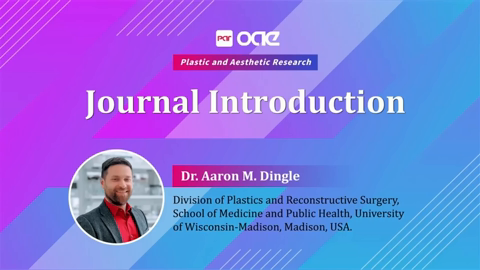
Journal Introduction
NaN
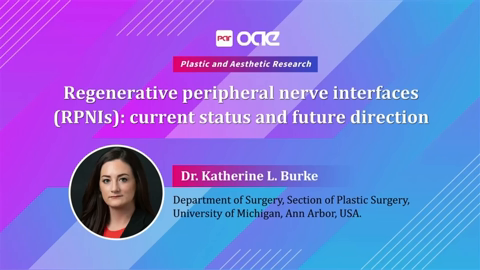
Regenerative peripheral nerve interfaces (RPNIs): current status and future direction
NaN
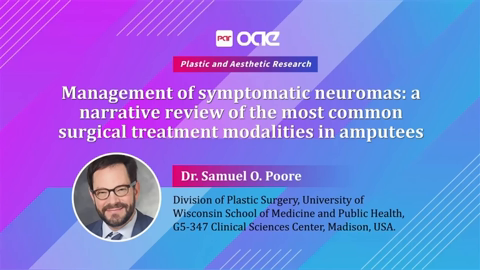
Management of symptomatic neuromas: a narrative review of the most common surgical treatment modalities in amputees
NaN
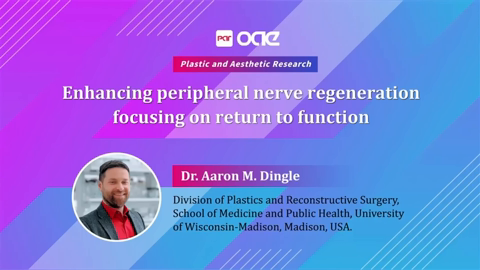
Enhancing peripheral nerve regeneration focusing on return to function
NaN




